Entry Type: Person
Bailey, O. C.
aka: Olin Cavanaugh Bailey
Baines, George Washington
Baker, Basil
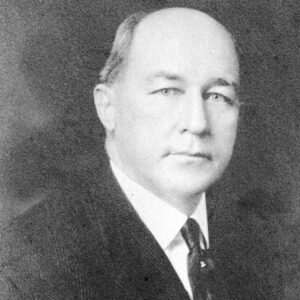 Basil Baker
Basil Baker
Baker, Cullen Montgomery
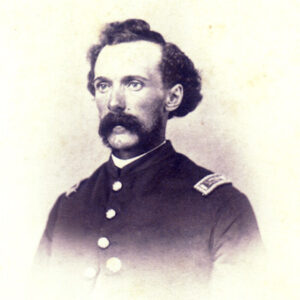 Nelson P. Baker
Nelson P. Baker
Baker, Norman
Baker, Oliver Keith
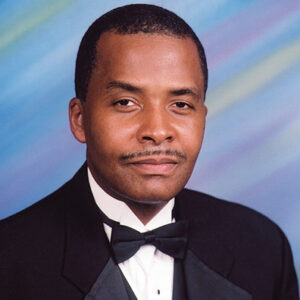 Oliver Baker
Oliver Baker
Baker, Virgil Lyle
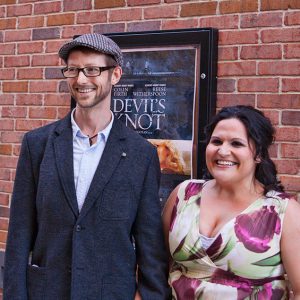 Jason and Holly Baldwin
Jason and Holly Baldwin
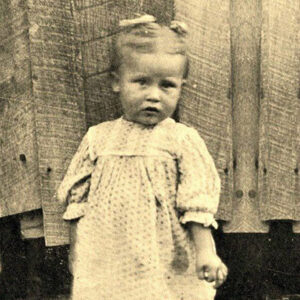 Ona (Onie) Balentine
Ona (Onie) Balentine
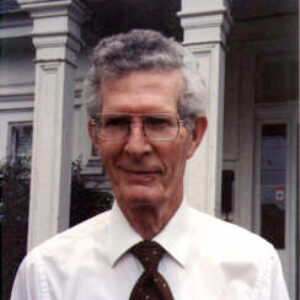 James David Bales
James David Bales
Bales, James David
aka: J. D. Bales
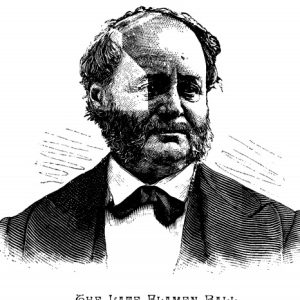 Flamen Ball
Flamen Ball
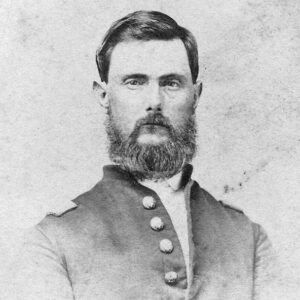 Achilles Ballard
Achilles Ballard
Ballard, George Pool
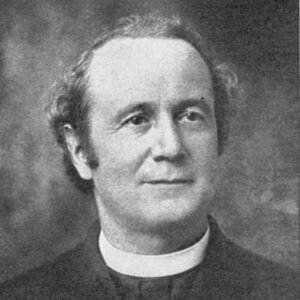 Pietro Bandini
Pietro Bandini
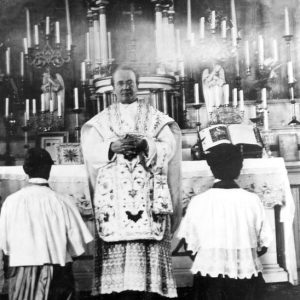 Pietro Bandini
Pietro Bandini
Bandini, Pietro
Banks, Alfred
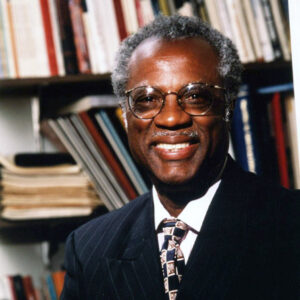 James Banks
James Banks
Banks, James Albert
Barber, Miller Westford Jr.
Barclay, Richard L. (Dick)
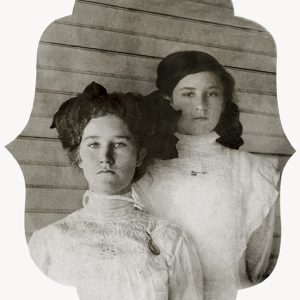 Barham Sisters
Barham Sisters
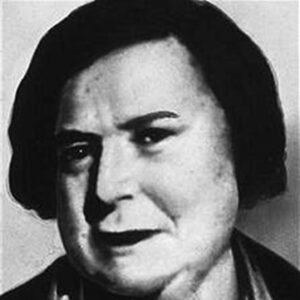 Ma Barker
Ma Barker
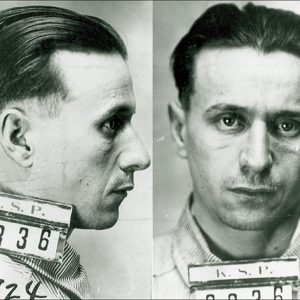 Fred Barker
Fred Barker
Barker, Catherine Sweazey
Barkman, Jacob
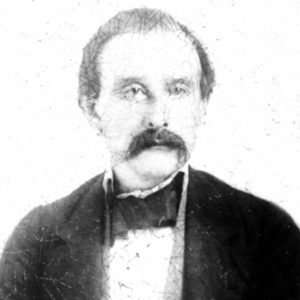 Jacob Barkman
Jacob Barkman
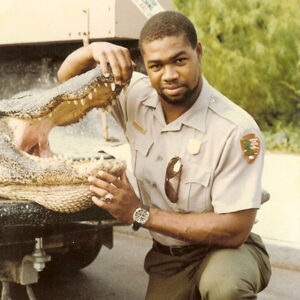 "Sunpie" Barnes
"Sunpie" Barnes
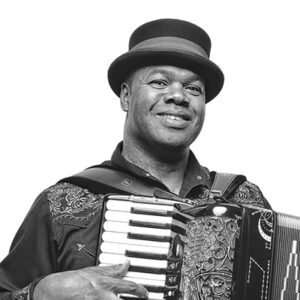 "Sunpie" Barnes
"Sunpie" Barnes
Barnes, Bruce “Sunpie”
Barnes, Jim “Bad News”
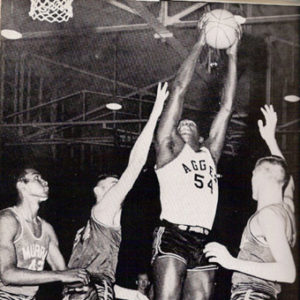 Jim "Bad News" Barnes
Jim "Bad News" Barnes
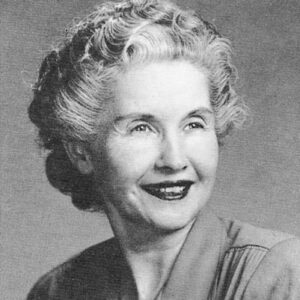 Sudie Barnett
Sudie Barnett
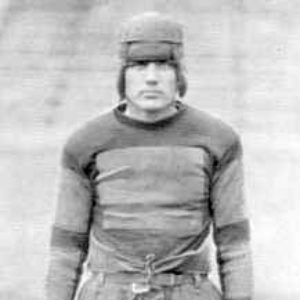 John Barnhill
John Barnhill
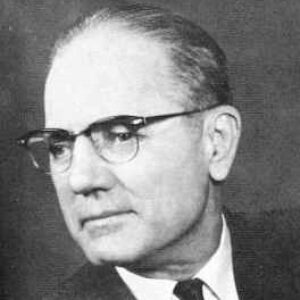 John Barnhill
John Barnhill
Barnhill, John Henry “Barnie”
Barraque, Antoine
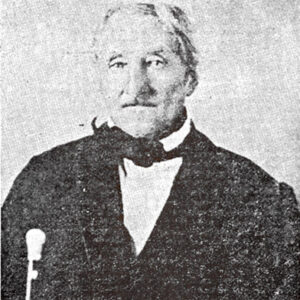 Antoine Barraque
Antoine Barraque
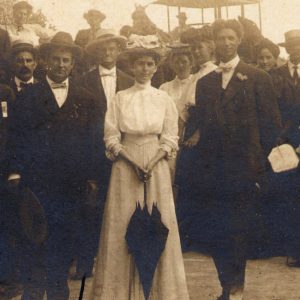 Fred Bartell
Fred Bartell
Bartlett, E. M.
aka: Eugene Monroe Bartlett Sr.
Barton, Dorothy Yarnell
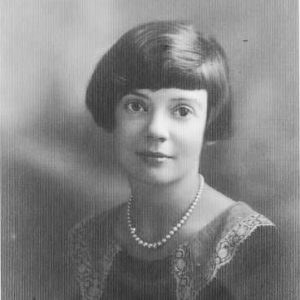 Dorothy Yarnell Barton
Dorothy Yarnell Barton
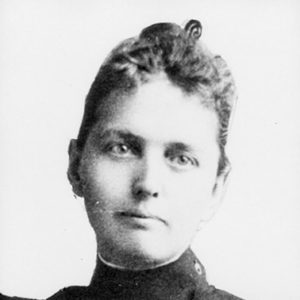 Love Barton
Love Barton
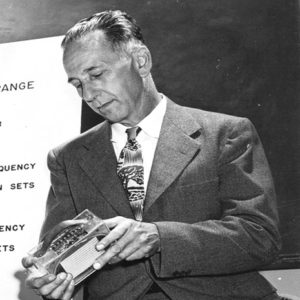 Loy Barton
Loy Barton




